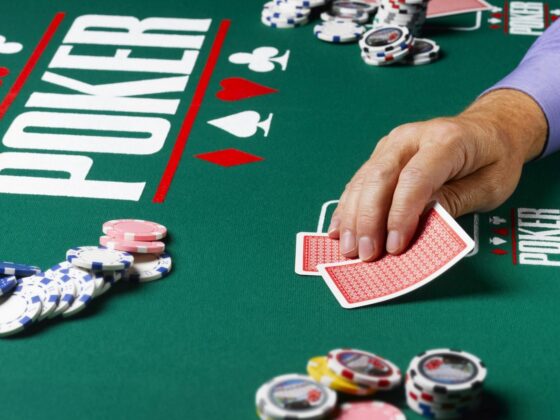Reentering society after a period of incarceration can feel like stepping into a world transformed, where everything seems familiar yet profoundly different. This journey isnt just about freedom; it’s about crafting a life that nurtures well-being and resilience.
The transition can invite a swell of emotions—hope, anxiety, confusion, and determination—all vying for your attention. Building a stress-free routine is not merely a practical necessity; it’s a critical foundation for emotional and mental stability.
By creating a structure that prioritizes self-care, personal goals, and community connection, you can cultivate a sense of belonging and purpose. In this article, we will explore practical strategies and thoughtful insights that can help you navigate the complexities of life after prison, transforming what could be a daunting experience into a pathway of opportunity and growth.
Let’s delve into how you can establish a daily routine that invites peace, fosters resilience, and reignites the joy of living.
Identifying Your Goals and Values
:max_bytes(150000):strip_icc()/released-prisoners-1ddf4b1d5df94d6bac5e394d40663f5b.jpg)
Identifying your goals and values is crucial in crafting a stress-free routine after the tumultuous experience of prison. Begin by reflecting deeply on what truly matters to you now.
You might find it beneficial to jot down aspirations that resonate with your newfound freedom—perhaps rebuilding relationships, pursuing a career, or engaging in creative outlets. What do you envision for your future? Embrace both the broad strokes and the intricate details; are you aiming for personal growth, community involvement, or financial stability? Take your time with these reflections.
It’s not merely an exercise in planning; it’s a profound rediscovery of who you are and what drives you. As you clarify these goals, you’ll find that they serve as the foundation for the daily structure you’ll create, guiding each decision and helping to alleviate the anxieties that can accompany life transitions.
Remember, every small step in aligning your routine with your core values can lead to larger, more fulfilling changes in your life trajectory.
Prioritizing Self-Care

Prioritizing self-care is not merely a luxury; it’s an essential cornerstone in rebuilding life after prison. Establishing a routine that honors your physical and emotional needs can make a world of difference.
Consider carving out time each day for activities that nourish your spirit—whether it’s a morning jog, meditative journaling, or indulging in creative expression through art. These moments of rejuvenation can provide a sanctuary from the stressors of reintegration.
Additionally, remember that self-care is not one-size-fits-all. Explore various practices, from yoga to gardening, to discover what resonates with you.
Embrace the idea that taking care of yourself isn’t selfish; it’s a vital step towards creating a fulfilling, stable life. As you slowly rebuild, allow self-compassion to guide you, acknowledging that healing takes time and each small effort counts.
Establishing Healthy Habits

Establishing healthy habits is essential for crafting a stress-free routine after prison, as these habits serve as the building blocks for a more balanced life. Start by creating a daily schedule that includes time for physical activity, whether thats a brisk walk, yoga, or hitting the gym—whatever feels right for you.
Nutrition is equally important; experiment with cooking simple, wholesome meals that nourish both body and mind. Consider setting aside moments for mindfulness practices, like meditation or journaling, to cultivate a sense of peace and reflection in your day.
Remember, it’s not about perfection but progression. Celebrate small victories along the way.
Surround yourself with supportive individuals who uplift you and help reinforce these new habits. Over time, these consistent practices can foster resilience and fortify your path toward a fulfilling life.
Conclusion
Building a stress-free routine post-prison is not just about establishing new habits; its about fostering a sense of belonging and purpose in a challenging world. For individuals like a black man transitioning back into society, having a structured daily routine can serve as a powerful tool for reintegration, helping to alleviate anxiety and promote stability. By prioritizing self-care, setting achievable goals, and nurturing positive relationships, those fresh out of incarceration can pave the way toward a healthier, fulfilling life.
Ultimately, embracing these strategies not only enhances personal well-being but also contributes to a stronger, more supportive community, highlighting the resilience and strength that can emerge from overcoming adversity.


